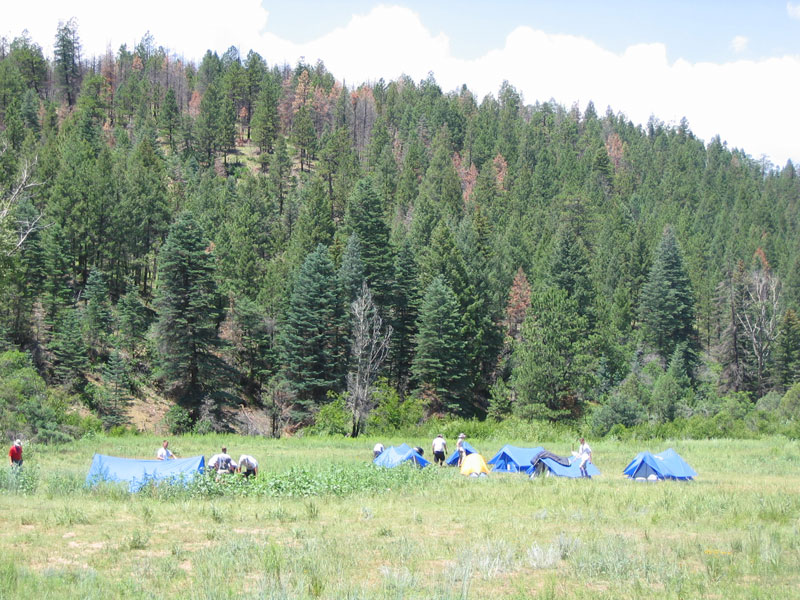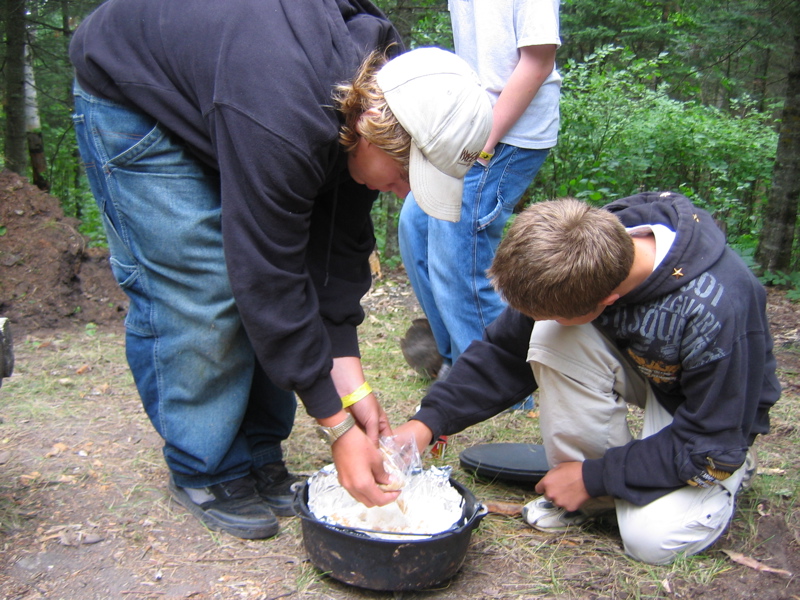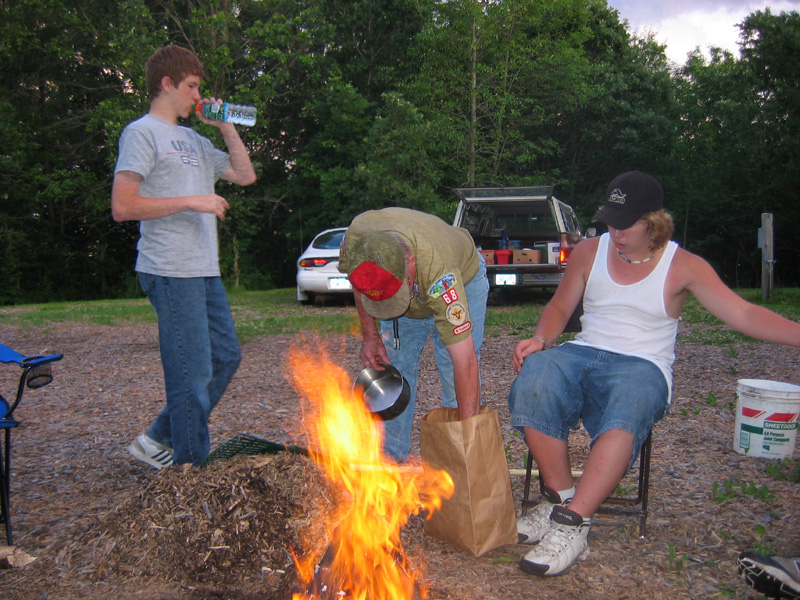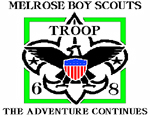Two Deep Leadership
stevejb68 on December 28, 2007 in Leadership, Philmont, safety, youth protection 2 Comments »Today’s adult Boy Scout leaders are well aware of the BSA’s “two deep leadership” rule. It states that a troop function must have at least two responsible adults in attendance. At least one of these adults must have attended “Youth Protection Training”. One part of Youth Protection states that an adult must not share a tent with a Scout unless that Scout is his own son.
Overall, the Youth Protection guidelines are excellent rules to follow, and unfortunately are needed in today’s (can you say “twisted”?) society. It was not always this way. In fact, two deep leadership did not become the rule until the late 1980’s.
I remember the first several years I was the scoutmaster back in the early and mid eighties. There were several occasions when I was the only adult leader on a troop activity. In fact, in 1986, I was the only adult adviser of our troop’s Philmont crew. I shared a tent with one of the Scouts, as did many adult leaders. Adults and Scouts used the same shower facilities. At the same time. And you know what? No one thought it was wrong! It was normal.
Then the winds of change began to blow. As my troop began to make plans to attend Philmont in 1989, we discovered some of the rules had changed. Two adults would needed with each and every crew. My first reaction to the new policy was “They have got to be out of their mind! Where are we going to find a second adult to attend when we have enough trouble finding adults for our troop’s weekend outings?” Then I thought, “Am I not good enough to take the Scouts on outings on my own? Have I not proved myself capable? Am I not trustworthy?”
Yeah, I know, it was stupid to think that and take it personal. Once I sat down and actually thought about this new two deep leadership policy I began to realize this was a smart move by the BSA. I began to think, “What would happen if I was the only adult and something happened to me. What would happen to the boys?” And then I thought about the lawsuits involving a couple scoutmasters who were not trustworthy and had taken advantage of boys in their troop. Yes, I began to agree more and more with the wisdom of two deep leadership.
It is nearly twenty years since that first trip to Philmont. Troop 68 follows the two deep leadership rule for its outings. And yes, there have been times were we have had to cancel an outing or activity because we did not have two adults who could attend. The rules can sometimes be a pain in the neck, but I have come to appreciate them. These policies were created not only to protect the boys, but also the adult leaders. I think they have worked out well.
There are times when I look back to those early days and think that it is a shame that society has changed so much that we have had to add these policies. I hate to say it (because it makes me sound old) but I almost long for the “good old days”. Those days seemed to be so much more innocent and carefree then they are now, or is that only the way an “old” scoutmaster remembers them?




